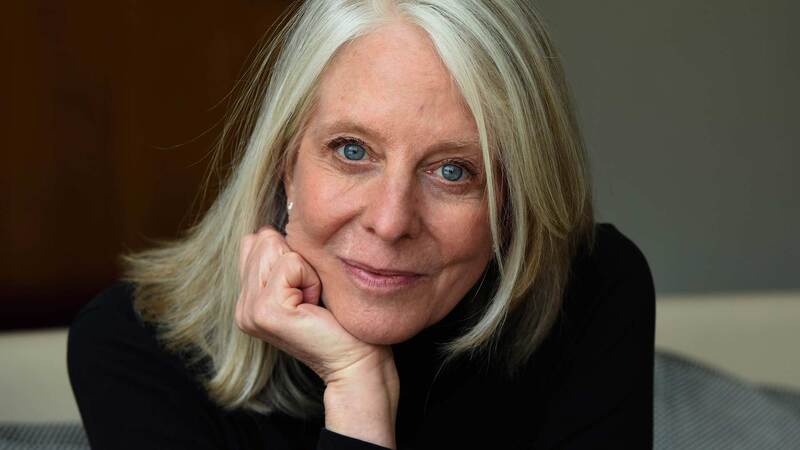You are viewing your 1 free article this month. Login to read more articles.
Shortlists unveiled for inaugural Architectural Book Awards
The shortlists have been unveiled for the inaugural Architectural Book Awards, with works by the likes of John Grindrod, Leslie Kern and Duncan A Smith listed.
The inaugural awards were open to any book published in 2020, 2021 or 2022 and submissions were invited for the following award categories: History, Biography (including autobiography), Building (monograph), Practice (monograph), Typology (monograph), Technical and City/Country Architectural Guide.
The shortlists have been organised into three categories: Monographs, Reference Books and History, each of which will have its own winner, from which the overall winner of winners, the Architectural Book of the Year, will be chosen
Shortlisted in the Monographs category are: Gentrification is Inevitable and Other Lies by Leslie Kern (Verso); Islands: Adventures in the Dominions by Owen Hatherley (Watkins Media/Repeater); If Walls Could Speak: My Life in Architecture by Moshe Safdie (Grove Press UK); and Land of Stone: A Journey Through Modern Architecture in Scotland by Roger Emmerson (Luath Press).
Up for the prize in the Reference Books category are: Queer Spaces: An Atlas of LGBTQIA+ Places and Stories by Adam Nathaniel Furman and Joshua Mardell (EDS) (Riba Publishing); House London by Ellie Stathaki and Anna Stathaki (Frances Lincoln Publishers); A History of Council Housing in 100 Estates by John Boughton (Riba Publishing); Brutal Outer London: The First Photographic Exploration of Modernist Architecture in London’s Outer Boroughs by Simon Phipps (September Publishing); and This is Architecture: Writing on Buildings edited by Stephen Bayley and Robert Bargery (Unicorn).
Shortlisted in the History are: Gilded City: Tour Medieval and Renaissance London by Duncan A Smith (Unicorn); Built in Chelsea: Two Millennia of Architecture and Townscape by Dan Cruickshank (Unicorn); and Master of the House: The Theatres of Cameron Mackintosh by Michael Coveney/Delfont Mackintosh Theatres (Unicorn).
Also competing in this category are: The Architecture Drawing Book by Charles Hind, Fiona Orsini, Susan Pugh (Riba Publishing); Carlo Scarpa and Castelvecchio Revisited by Richard Murphy (Breakfast Mission Publishing); and Iconicon: A Journey Around the Landmark Buildings of Contemporary Britain by John Grindrod (Faber & Faber).
There are three judges per category—a mix of academics, practising architects and critics who will make their decision based on quality of content, quality of design and production values.
Category-winning authors and publishers will be invited to a reception in Temple Bar in June, to coincide with the London Festival of Architecture, where they will receive their awards. A book fair is planned for that month where winners will have the opportunity to discuss their books in live-streamed discussions.
Booklaunch magazine is sponsoring and running the prize. In an editor’s note in its latest edition, Booklaunch founder Stephen Games said: “Architecture is an odd subject which has always overlapped into other specialisms and never more than now as digitisation makes it possible to calculate factors that relied in the past on instinct and experience. Architectural writing, similarly, picks up on issues more easily recognised as engineering, aesthetics, urban studies, environmentalism and art history to name but a few, while being encumbered by a jargon that evidently pleases its own practitioners but no one else.
“In considering the books submitted for these awards, the judges were therefore at pains to single out books that were excellent by any standard and not just by the standards of their own discipline and we are hugely gratified by the first batch of titles.”
A separate award, the Architecture Book of the Year Award, was launched in March in association with the World Architecture Festival, the Worshipful Company of Chartered Architects and the Temple Bar Trust.



















